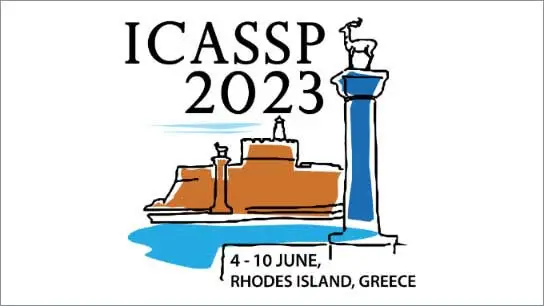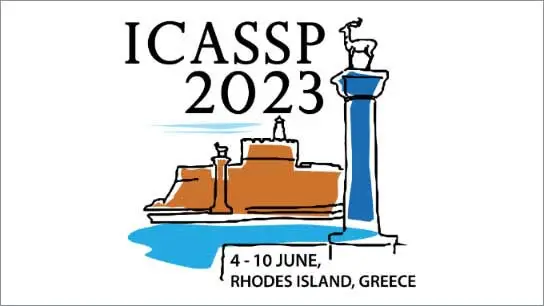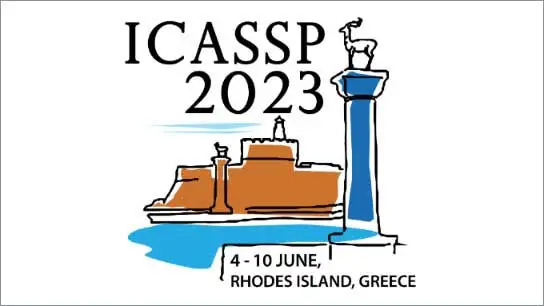DOUBLE COMPRESSION DETECTION BASED ON THE DE-BLOCKING FILTERING OF HEVC VIDEOS
Xiangui Kang (Sun Yat-Sen University); pengcheng su (Sun Yat-sen University); Zisheng Huang (Sun Yat-sen University); Yifang Chen (Guangdong Polytechnic Normal University); Jie Wang (Sun Yat-sen University)
-
Members: FreeSPS
IEEE Members: $11.00
Non-members: $15.00
07 Jun 2023
Instead of detecting whether the whole video sequence is double compressed, a frame-level detection result can provide
more precise information for video forensic tasks, such as locate tamper point and restore compression history, et al. But
the research on frame-level double compression detection is
still in its infancy. Therefore we aim to provide a frame-level
detection method for HEVC videos in this paper. The relocated I(RI) frame belongs to different GOP groups from its
reference frame at the first compression and may cause more
severe blocking effects than other types of P frames. Hence,
this paper proposes an algorithm based on the de-blocking
filtering feature mode to detect RI frames in the double compressed HEVC videos with shifted GOP structure. Firstly, the
abnormal traces of the de-blocking filtering parameters, such
as boundary strength, filtering switch and filtering mode, in
the RI frame are analyzed. Then, the de-blocking filtering
feature is constructed by mapping the different combinations
of the three parameters into a single numerical value. Finally,
the de-blocking filtering feature of the video clips is adopted
as the input of the proposed mini MobileViT network, which
is the combination of Convolutional Neural Network (CNN) and Transformer, to learn spatial and temporal representations to identify the RI frames. Experimental results demonstrate the advantages of the proposed algorithm in detecting
RI frames in the double compressed HEVC videos. Compared with the state-of-art work He’s method, the proposed
method has a 1.72% improvement in the accuracy of detecting
RI frames. Compared with other traditional methods, there is
a more than 10% improvement.



